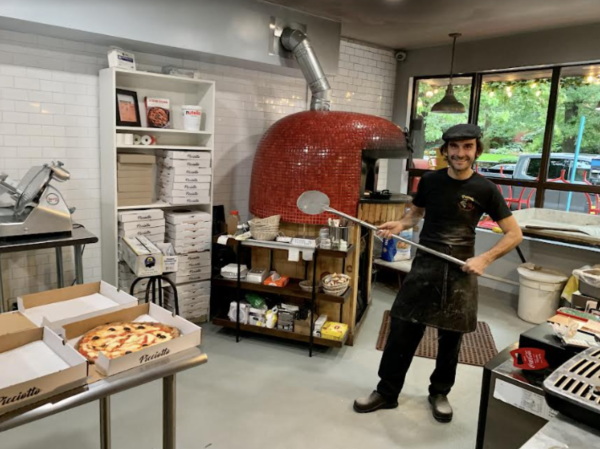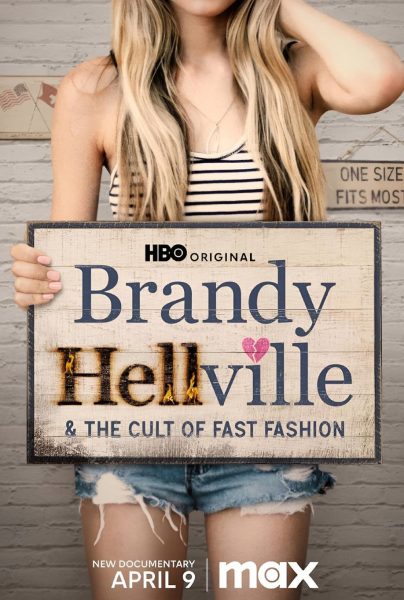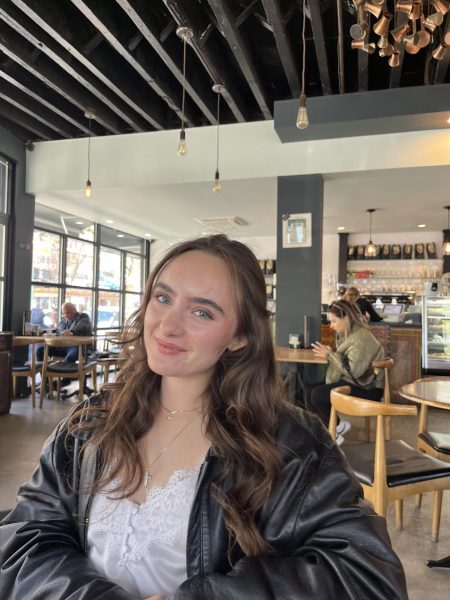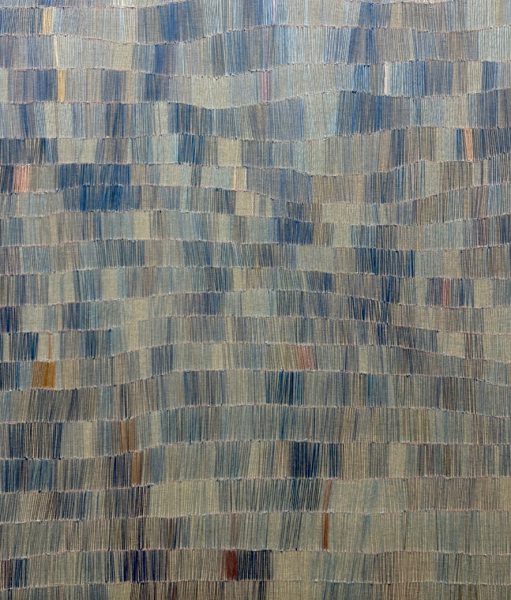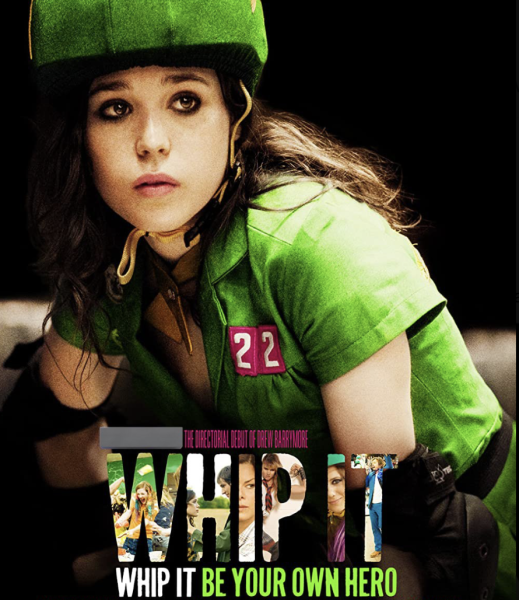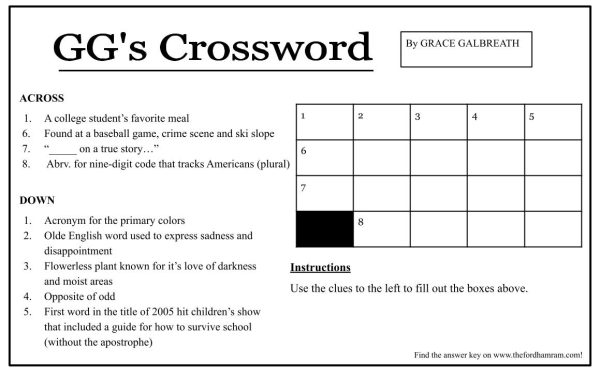New Instagram Account Finds Flossers at Fordham
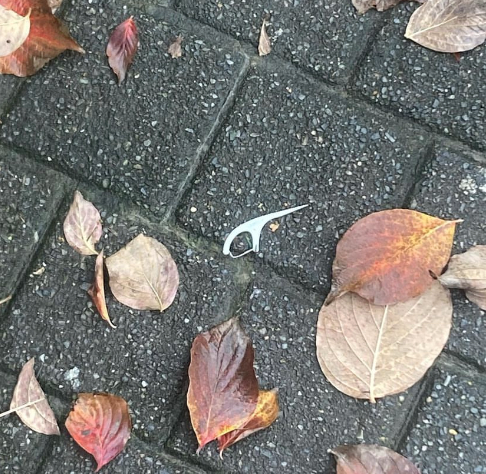
Braun posts pictures documenting flossers found all around Rose Hill. (Courtesy of Instagram)
When Nicole Braun, FCRH ’24, began her Instagram account, “flossed.n.found,” on Sept. 17, she wanted to convince people that she was not, in fact, crazy. The prevalence of discarded flossers around Rose Hill, in the parking lot of the retail store where she works and at various other locales, has haunted her for years. Her friends’ and family’s indifference to (and occasional contempt of) the mounting threat of these flossers drove Braun to launch “flossed.n.found,” which she hopes will serve as a means of collecting data about littered flossers and raise awareness about the very real danger they pose.
“I just wanted to make people laugh, and wanted to document this weird occurrence that I see. Why are there so many flossers on the street? I still don’t know the answer. But, I think I’ve convinced people that I’m not crazy. That I’m not the only one who sees them. Which I think is a victory,” said Braun.
Braun’s inaugural post on “flossed.n.found” featured a close up of a flosser, the small pieces of plastic that hold a taut piece of floss on one end and often include a toothpick on the other, against an asphalt background. The caption describes where she found the flosser, “Outside Dealy Hall,” as well as the date and time, Sept. 16 at 3:48 p.m. Not only does the caption record this flosser into what has become a compendium of dates, times and locations of littered flossers, it also expresses the questions driving Braun’s passion to document these flossers: “Who are all these people flossing in public? And then littering??? Neither are acceptable, but together they’re insane.”
The following images featured on the Instagram document similar occurrences of the flossers littering campus, as well as some farther afield. Braun manages to include the date and location of each flosser, and rarely neglects to mention the time that these flossers were spotted. More impressive, however, is Braun’s recruitment of other individuals. Most of the pictures featured on the account do not originate on her phone, but come from submissions of other people that have spotted the flossers. This is a particular point of pride to Braun, whose hope to prove to others the prevalence of these flossers served as her sole motivation in starting the account.
“No one believed me,” said Braun, recollecting on her previous exasperation at her friends’ ignorance. “‘You guys watch, I’ll show you.’ And I did.” If the dozens of submissions serve as proof, then she has certainly proven the ignorance of her friends wrong.
Dulling the glimmer of Braun’s newfound stardom, however, is the controversy that has dogged the account since its inception. Some critics have complained that noticing flossers so frequently might result from a larger issue of focusing too heavily on the ground and neglecting to pay attention to the world around them. “The reality is,” Braun explained, “sometimes when it’s raining, you’re just shuffling along … It’s not that big of a deal to just look down and see something.” Other critics have argued that any account documenting litter should also invest some of their energy into throwing away the aforementioned litter. To them, Braun takes a less defensive stance: “That’s a valid point.”
Braun hopes to incorporate that criticism into her vision for “flossed.n.found’s” future: “I started this account to just make my friends and myself laugh, but I do think that there’s now a greater opportunity to bring attention to this unique type of littering.” In her view, this account could become a vessel for drawing attention to the weighty environmental and moral implications of littered flossers.
“Flossing is something you should do in the privacy of your own bathroom,” said Braun. “Even if you use something that’s meant for children, if it helps your dental hygiene… whatever. Just throw them out. Or, again, use them in the privacy of your own home. Just because you use a tool maybe meant for children doesn’t mean you can’t grow up and throw out your trash.”
The shift in perspective that Braun has undergone has appeared, not only in the ways in which she speaks about flossers and floss-er’s, but also in the tone of her Instagram captions. The featured few, who spot flossers, snap a picture and send these pictures to Braun, receive the honor of being called one of Braun’s “foot soldiers.” The belligerent and explicitly militaristic imagery is not lost on Braun. Rather, she encourages it.
“I initially started doing that as a melodramatic way of getting people involved in my crusade, but now I think maybe … it should be a tiny war against this weird piece of trash that litters our streets,” said Braun.
Whether or not Braun has convinced her family and friends that she is not, in fact, crazy, is still up for debate. However, through her whopping 31 posts, she has successfully proved her point that flossers do indeed litter Fordham’s Rose Hill campus to her 70 followers. Big things lie in store for Braun as she continues to document (and hopefully dispose of) these odd little bits of plastic that haunt campus. Anyone using and irresponsibly discarding their flossers in public has been warned.

Kari White is a senior from the blink-and-you’ll-miss-it state of Delaware. She is majoring in English with a concentration in creative writing, as well...


